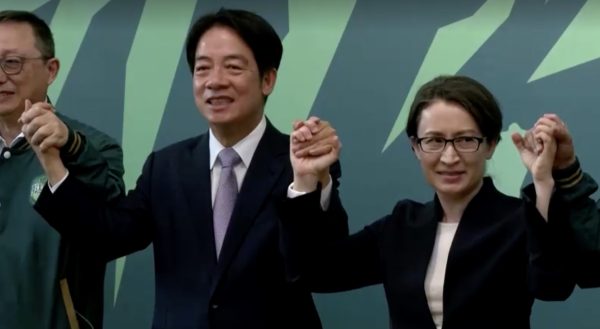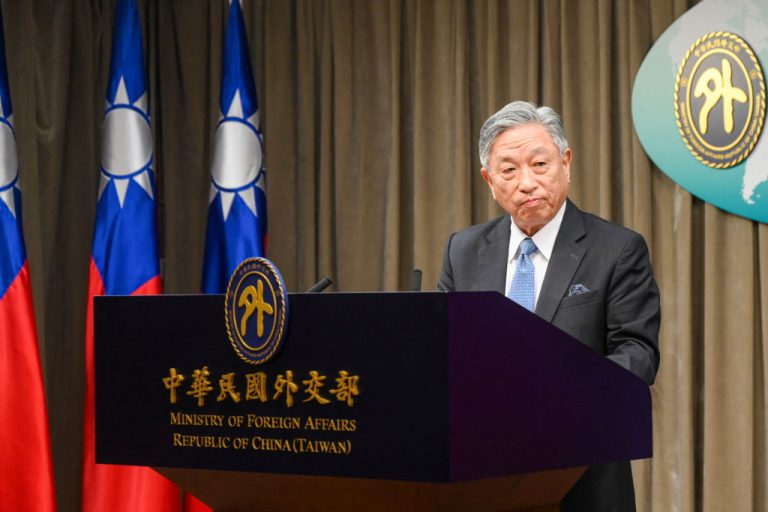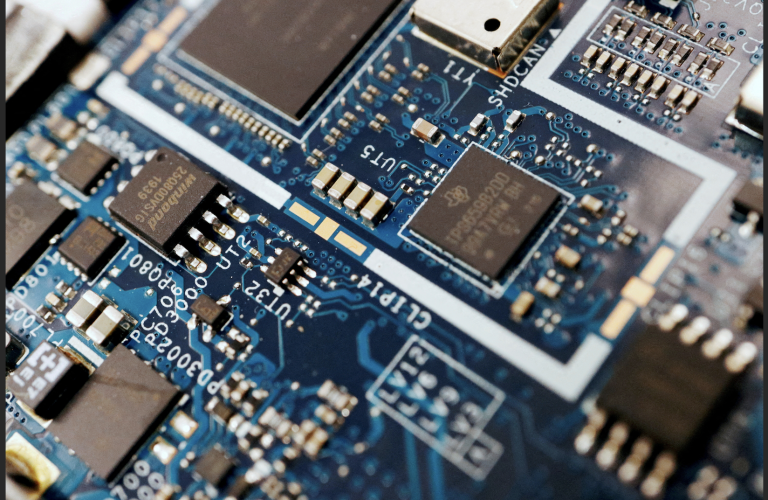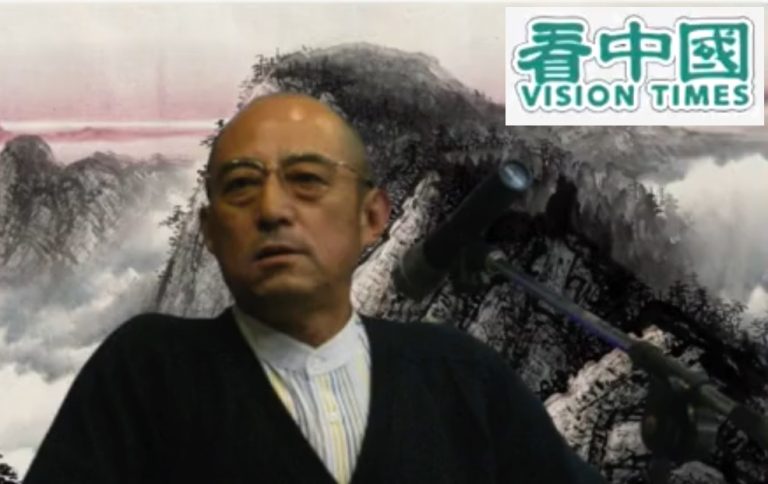On Jan. 15, the Pacific Island nation of Nauru announced its decision to switch diplomatic recognition from Taiwan to Communist China, just two days after Taipei elected a new president. With Nauru’s policy change, Taiwan’s global diplomatic allies have now dwindled to 11 — further reflecting the complex tug-of-war for international alliances and influence in the region.
Nauru — a small country in Micronesia — has historically maintained strong ties with Taiwan, which is formally known as the Republic of China (ROC). However, this latest move indicates a strategic reorientation towards the communist People’s Republic of China (PRC), under Beijing’s “One-China” principle. This policy asserts that Taiwan is an inalienable part of the PRC, and requires other countries that wish to pursue diplomatic ties with it to first break off existing ties with Taiwan.
Following the announcement, the ROC government expressed “deep regret” over the severing of ties with Nauru. But despite the setback, Taiwan reaffirmed its commitment to its democratic values and international presence. It emphasized its resolve to continue forging relationships with other democratic nations and remaining as a “force for good.”
The government of Nauru, which released a statement declaring the severance of ties with Taiwan, aims to also deepen relations with Beijing. “This policy change is a significant first step in moving forward with Nauru’s development,” the Nauruan statement read — suggesting that developmental prospects may have played a role in the diplomatic decision.
Taiwan’s democratic resolve
In response to Nauru’s decision, the PRC Foreign Ministry expressed satisfaction — asserting that the Nauruan government made a correct decision in aligning with Beijing and praised the move as helping to advance global opinion trends.
Success
You are now signed up for our newsletter
Success
Check your email to complete sign up
“The decision to re-establish ties with China once again shows that the ‘One-China’ principle is where global opinion trends and where the arc of history bends,” the Foreign Ministry said in a statement following the decision.
But this diplomatic loss for Taiwan comes just days after its national election, which saw William Lai Ching-te of Taiwan’s Democratic Progressive Party (DPP) emerge as the country’s new president. Lai Ching-te is known for his pro-independence stance and leads a party advocating to maintain Taiwan’s current autonomous status.
MORE ON THIS: Lai Ching-te Elected Taiwan’s New President
the ROC once governed all of China before it was defeated on the Asian mainland in a brutal civil war with the Chinese Communist Party (CCP) in 1949. But China’s claim over the self-governing nation as part of its territory has led to a persistent effort to sway Taiwan’s diplomatic allies — often through promises of development aid.

“This policy change is a significant first step in moving forward with Nauru’s development,” the Nauruan government stated — underscoring the developmental incentives behind the diplomatic shift.
“It is Nauru’s right decision made on its own volition as an independent sovereign nation to announce its recognition of the One-China principle, its severance of ties with Taiwan and resumption of diplomatic relations with China after Taiwan’s election,” said China’s Foreign Ministry spokesperson Mao Ning. “This also shows that the one-China principle is a general trend and the common aspiration of the people,” added Mao.
During a recent commemoration event for CCP dictator Mao Zedong, the regime’s current leader and president Xi Jinping also touted that “reunification with Taiwan was inevitable,” and vowed that the island would be reclaimed by any means necessary.
‘China’s intention is to attack democracy’
ROC Deputy Foreign Minister Tien Chung-kwang criticized Beijing’s timing of Nauru’s announcement as a direct attack on Taiwanese democracy. “China’s intention is to attack the democracy and freedom that the Taiwanese people are proud of,” said Tien during a news conference following the decision.
This sentiment echoes the growing concern over Beijing’s assertive tactics in undermining Taiwan’s international standing and democratic identity. This, coupled with Taiwan’s expulsion from the United Nations (UN) in 1979, has only further isolated the island nation from the global community.
Meanwhile, the U.S., though it does not maintain formal diplomatic ties with Taiwan, has shown indirect support to Taiwan in the form of visits by former House Speaker Nancy Pelosi in August 2022, and high-profile meetings with outgoing Taiwan president Tsai Ing-wen on U.S. soil. These visits were seen as a “flagrant breach of diplomatic protocols” by Beijing and triggered military demonstrations including missile launches and a blockade of the island.
RELATED: US Delegation to Visit Taiwan Amid Growing Sino-American Tensions
Despite the diplomatic complexities between Taipei and Washington, the latter continues to hold informal relations with the island under the Taiwan Relations Act (TRA) of 1979. The bill commits U.S. support of Taiwan’s defense capabilities in the form of weaponry and intel, should Beijing try to mount an invasion of the island.
Dwindling diplomatic support
Jarden Kephas, Nauru’s ambassador to Taiwan, expressed surprise at his government’s announcement — indicating the suddenness of the diplomatic shift. “There’s nothing that I have to say. It was announced by my government and I was told to pack up and go,” he told the Associated Press (AP) in a written statement.
“China is always looking to erode Taiwan’s influence, especially in the Pacific, where many small nations are looking for development gains,” Mihai Sora, a research fellow in the Pacific Islands Program at Lowy Institute, a think-tank based in Australia, told BBC.
“As Taiwan has fewer diplomatic allies around the world, each one becomes more important in its claim to sovereignty… And it is quite possible that China will continue to look for opportunities to erode that,” added Sora.
With Nauru’s departure, Taiwan’s list of official diplomatic allies narrows to 11 countries, plus the Vatican. Most of these allies are located in Latin America, the Caribbean, the Pacific Islands, and Africa.
But despite facing dwindling diplomatic support, Taiwan remains resolute in preserving its autonomy and democratic values. In the face of increasing pressure from the Chinese mainland, which has been successful in swaying several of Taiwan’s former allies, the island nation stands firm.
“This despicable act [by China] will not have the intended effect of hurting Taiwan.” said Tien during a press briefing.













